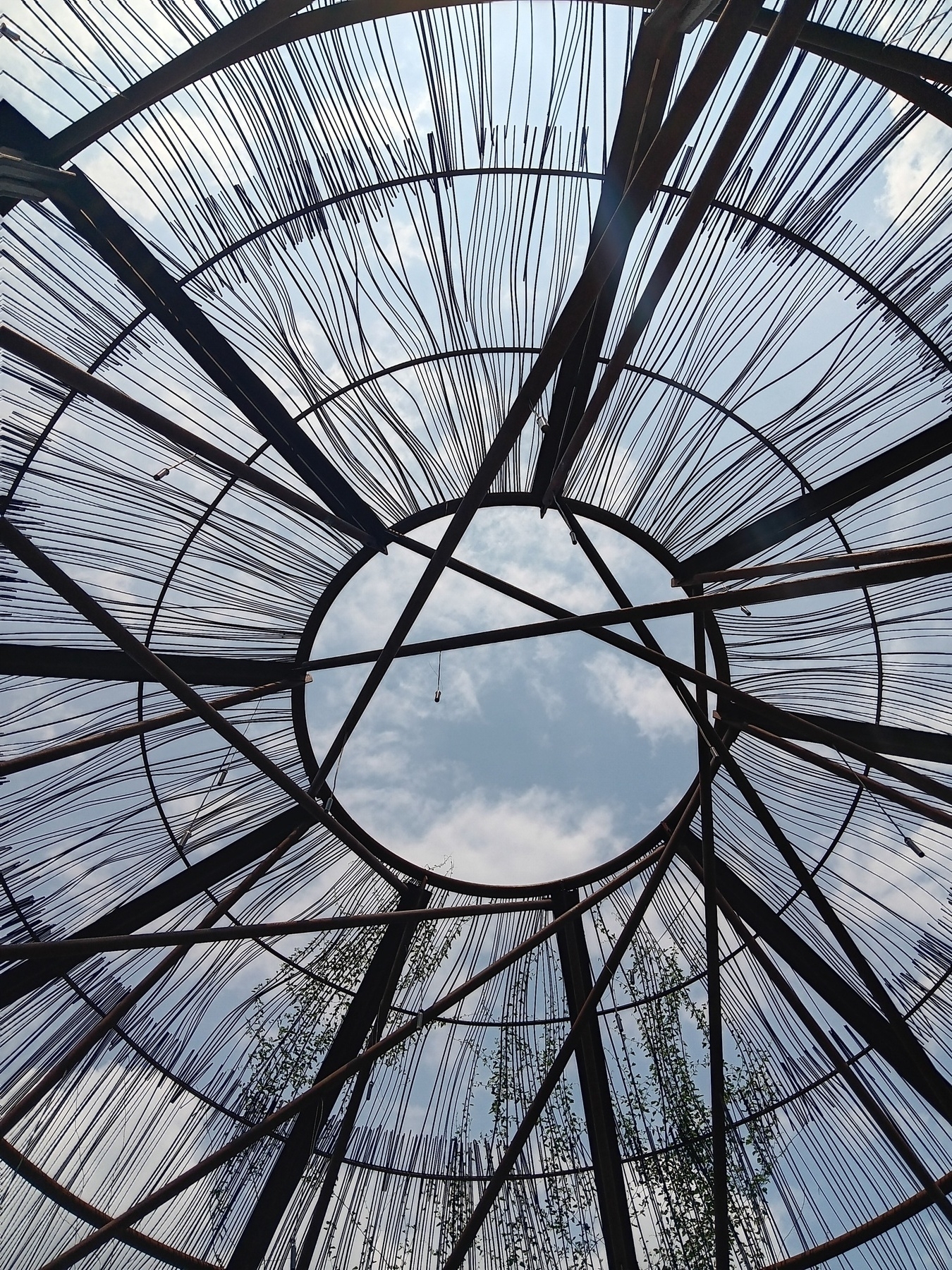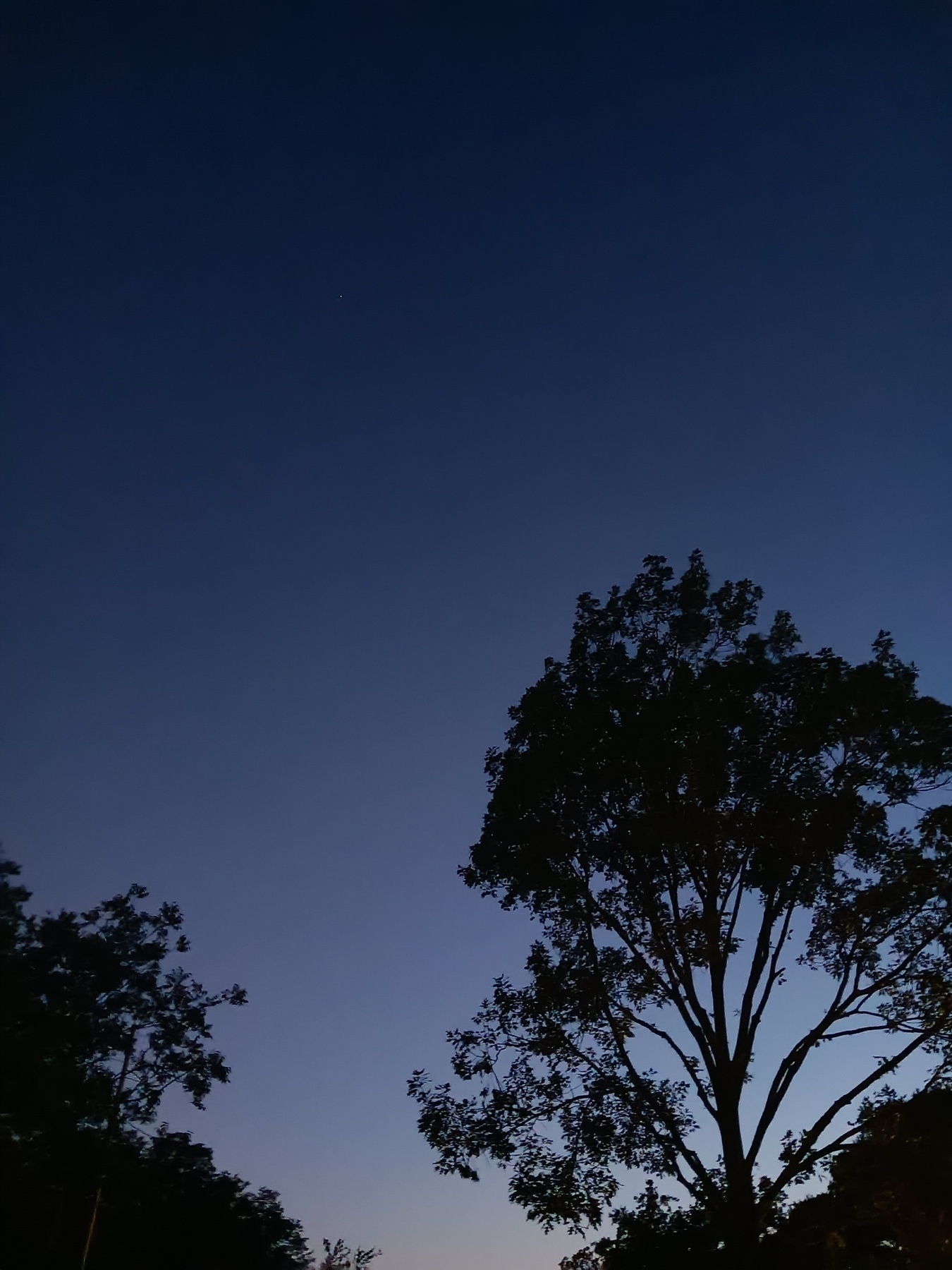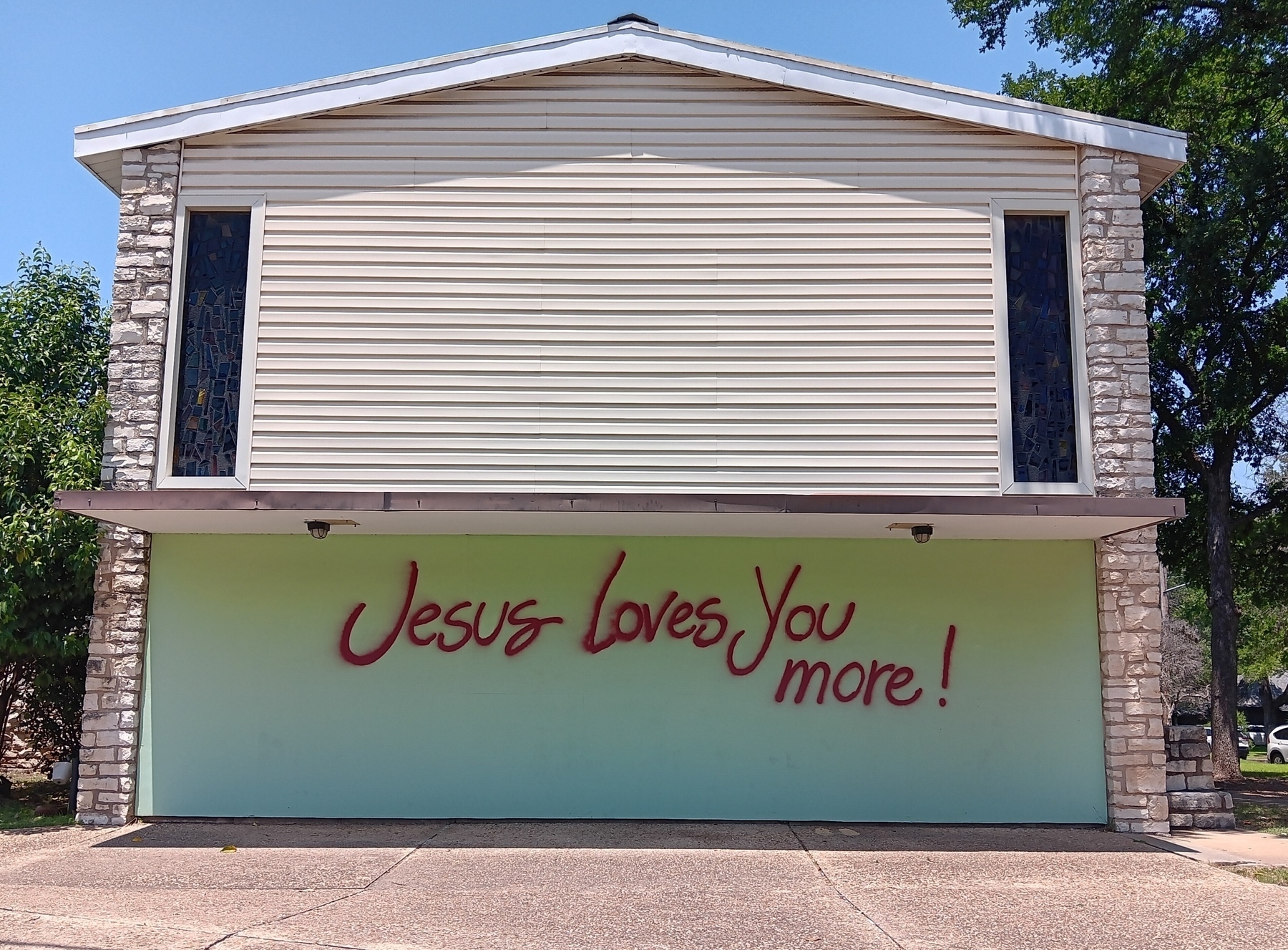Brad Littlejohn and Clare Morell, making a conservative argument for government regulation of smartphones:
A world in which smartphones are more difficult for children to access, in which burgers and concert tickets are easier to purchase without this device, need not be a big-government dystopia. It is unlikely to come into being, however, without prudent government action. Some problems are simply too widespread, have gained too much momentum, or are too nearly inescapable for individual families, community institutions, or businesses to overcome them on their own. The soft tyranny of the smartphone is one such problem. In these situations, the state’s role is to step in and protect the traditions, institutions, and values of society that new technologies threaten to erode and supplant.





